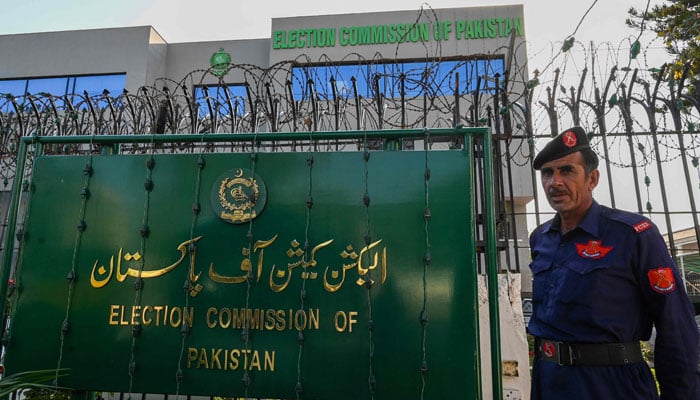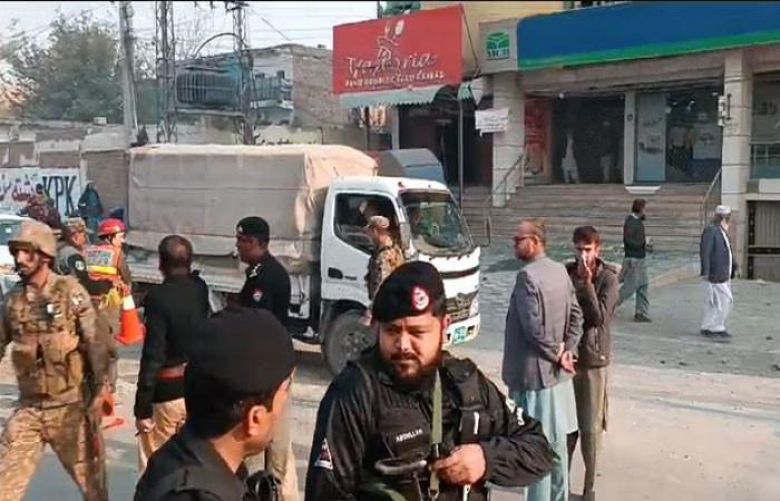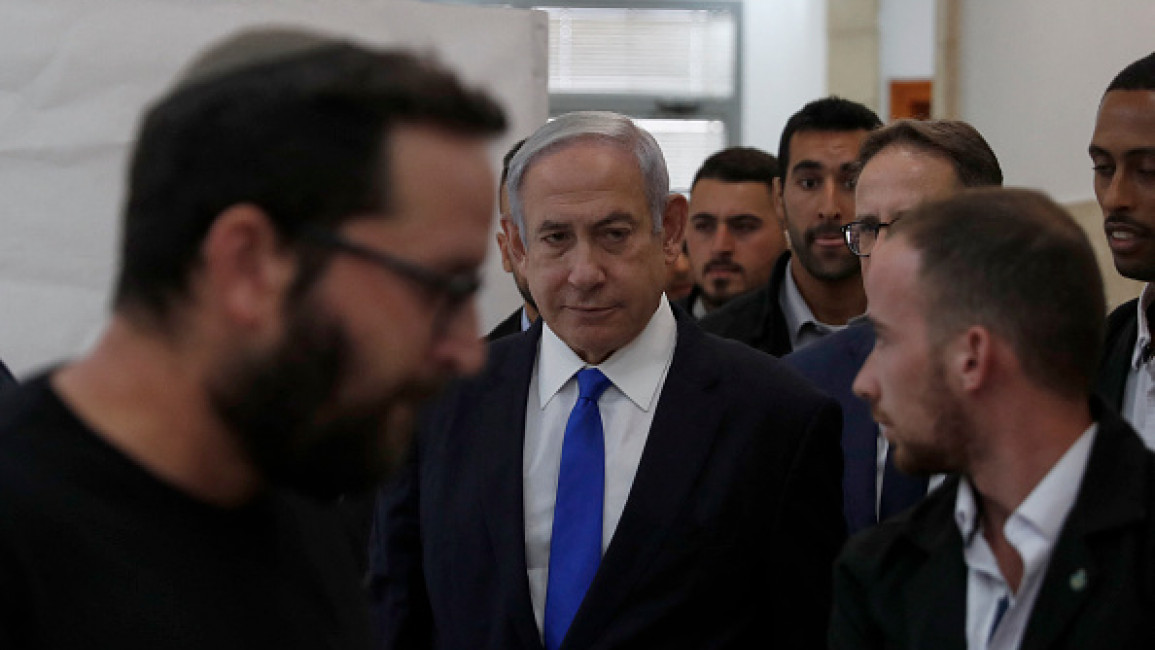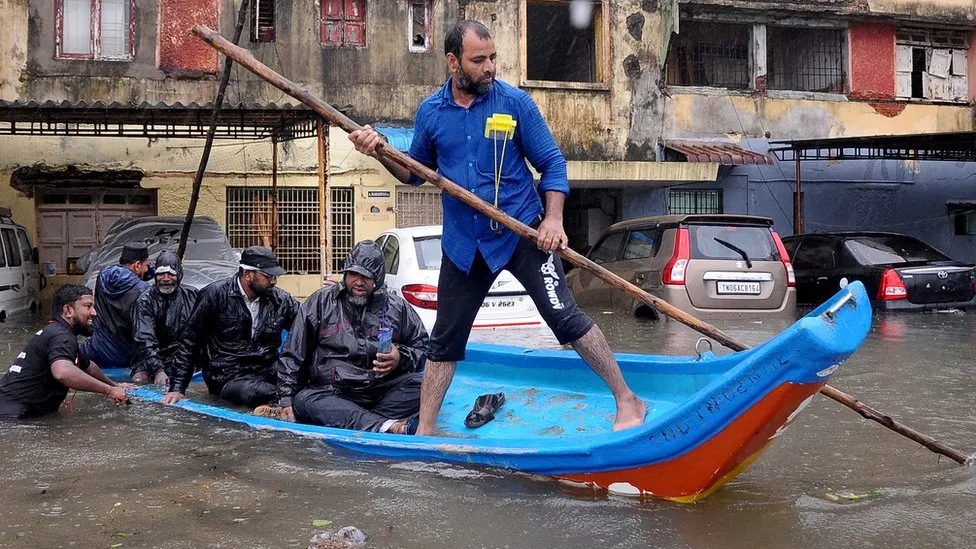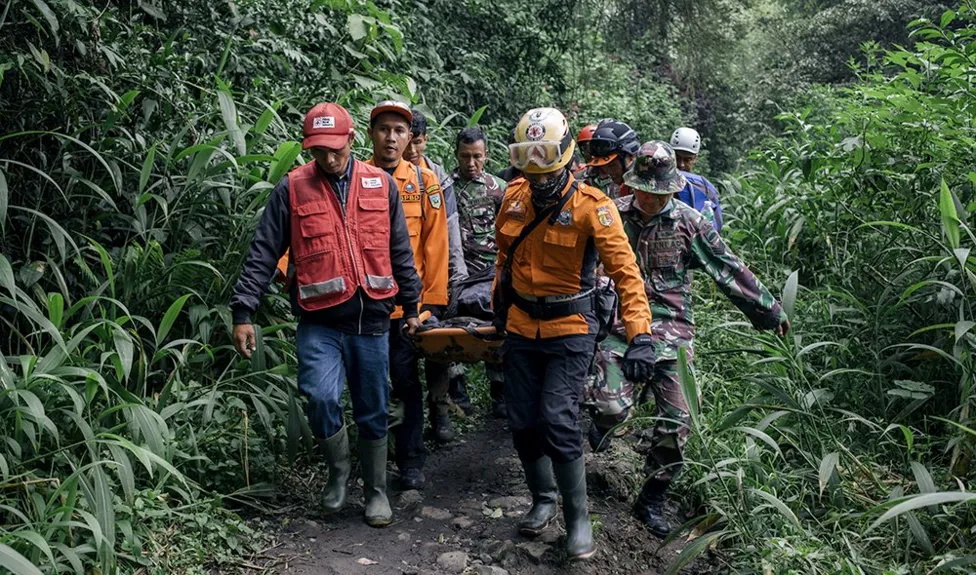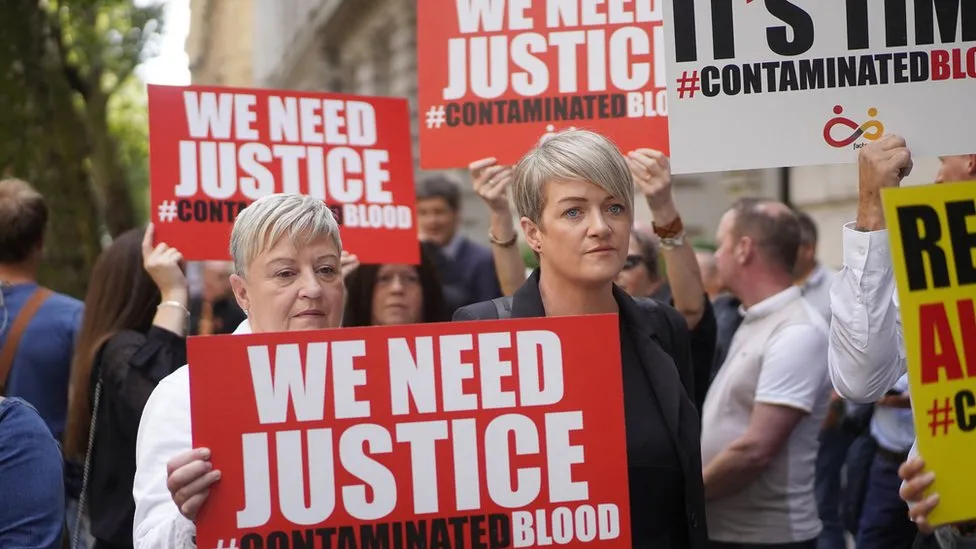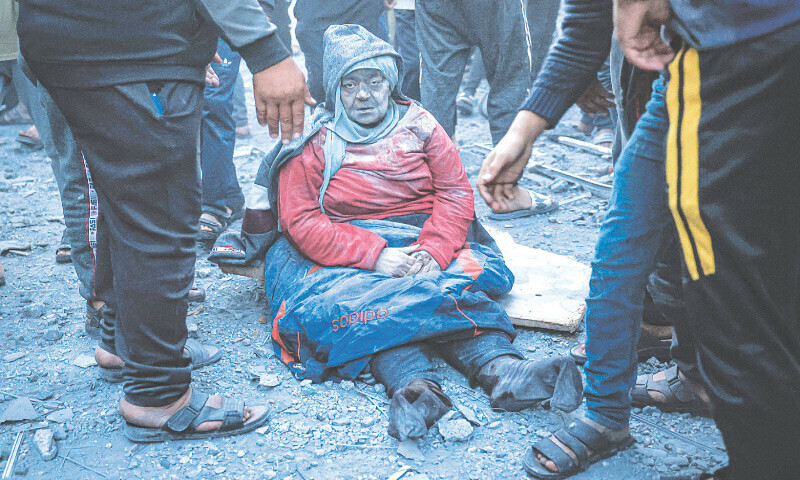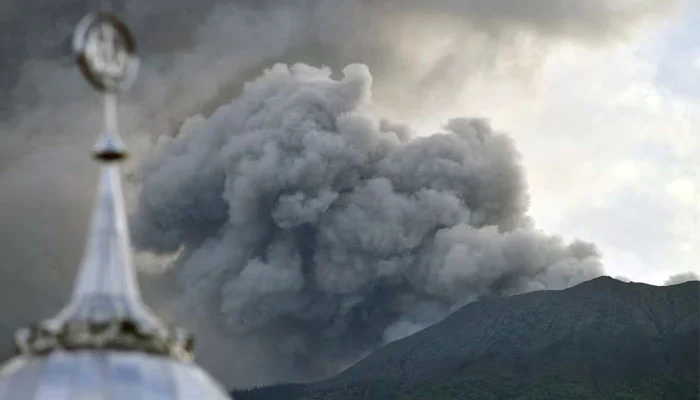Mr Johnson is expected to apologise to the inquiry and admit his government made mistakes during the pandemic.
But sources close to Mr Johnson have told the BBC he will argue he got big calls right that saved lives.
The inquiry has seen heavy criticism of Mr Johnson by former colleagues who worked with him when Covid-19 struck.
His ex-director of communications, Lee Cain, said the pandemic was the “wrong crisis” for Mr Johnson’s “skill set”, describing dither and delay on key decisions.
The former chief scientific adviser, Sir Patrick Vallance, said Mr Johnson was “bamboozled” by scientific data.
And his ex-chief adviser, Dominic Cummings, repeated his past criticisms of his one-time boss, telling the inquiry that everyone called Mr Johnson “the trolley” because of his tendency to veer from one point of view to another.
But other figures at the centre of the UK’s response have defended the former prime minister and his style of government.
Levelling Up Secretary Michael Gove disputed claims Mr Johnson was “incapable of making decisions” about lockdowns.
He said Mr Johnson preferred “gladiatorial decision-making” and wanted to see opposing arguments “rehearsed in front of him”.
Former health secretary Matt Hancock said Mr Cummings had been attempting to grab power from Mr Johnson and created a “toxic” culture at the heart of government which undermined its pandemic response.
Mr Johnson himself will now have the opportunity to put his version of events on the record at the Covid inquiry.
A spokesman for Mr Johnson said he was looking forward to assisting the inquiry with its important work.
Covid-19 Bereaved Families for Justice UK said it hoped to see the ex-prime minister challenged “on clear falsehoods”.
Lorelei King, who lost her husband Vince to Covid-19, told the i newspaper she wanted to know “why didn’t Mr Johnson move more quickly” to introduce the first lockdown in March 2020.
While Helen Brewer, who lost her mother Dilys, said she wanted to know whether he said “let the bodies pile high”. The ex-prime minister has previously denied reports he made the comments when reportedly talking about not wanting a third lockdown.
Mr Johnson’s written statement, which is about 200 pages, has already been submitted to the inquiry.
But the former prime minister has not been able to provide the inquiry with any communications from February to June 2020 – a crucial period ahead of and during the first lockdown.
The inquiry has requested the WhatsApp messages as part of its investigations into UK government decision-making on Covid.
On Tuesday, the Times reported that Mr Johnson had not managed to access WhatsApps on an old phone, which he used before May 2021.
Labour shadow cabinet minister Nick Thomas-Symonds said it was “typical and will be deeply disappointing” to bereaved families who “deserve nothing less than full disclosure”.
Mr Johnson’s spokesman denied the former PM had “deleted any messages” and said the Times report “refers to a technical issue in recovery of material that is for the technical team to address”.



